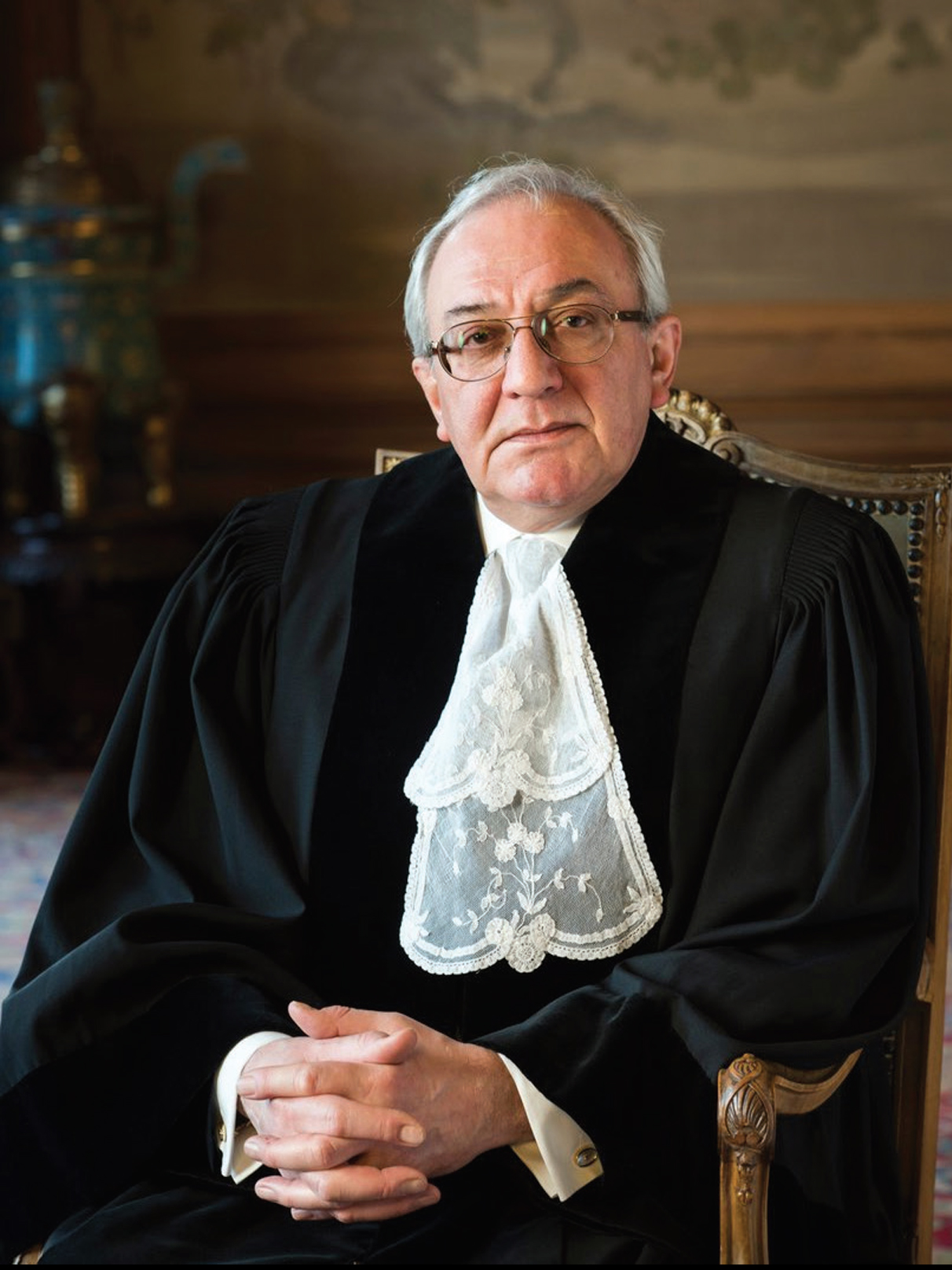

Judge Kirill Gevorgyan of Russia elected VP of Int’l Court of Justice
Posted on February. 10. 2021
THE HAGUE, 8 February 2021. Judge Joan E. Donoghue (United States of America) was today elected President of the International Court of Justice by her peers, and Judge Kirill Gevorgian (Russian Federation) was elected Vice-President, each for a term of three years.
Biographies of President Donoghue and Vice-President Gevorgian, who have been Members of the Court since 9 September 2010 and 6 February 2015, respectively, can be found on the Court’s website, under the heading “Members of the Court”/“Current Members”.
Following the elections held on 12 November 2020 by the United Nations General Assembly and Security Council to fill the five seats which were due to fall vacant on 6 February 2021 (see press release No. 2020/33), the composition of the Court is now as follows:
President Joan E. Donoghue (United States of America)
Vice-President Kirill Gevorgian (Russian Federation)
Judges Peter Tomka (Slovakia)
Ronny Abraham (France)
Mohamed Bennouna (Morocco)
Antônio Augusto Cançado Trindade (Brazil)
Abdulqawi Ahmed Yusuf (Somalia)
Xue Hanqin (China)
Julia Sebutinde (Uganda)
Dalveer Bhandari (India)
Patrick Lipton Robinson (Jamaica)
James Richard Crawford (Australia)
Nawaf Salam (Lebanon)
Iwasawa Yuji (Japan)
Georg Nolte (Germany)
Note: The Court’s press releases are prepared by its Registry for information purposes only and do not constitute official documents.
The International Court of Justice (ICJ) is the principal judicial organ of the United Nations. It was established by the United Nations Charter in June 1945 and began its activities in April 1946. The Court is composed of 15 judges elected for a nine-year term by the General Assembly and the Security Council of the United Nations. The seat of the Court is at the Peace Palace in The Hague (Netherlands). The Court has a twofold role: first, to settle, in accordance with international law, through judgments which have binding force and are without appeal for the parties concerned, legal disputes submitted to it by States; and, second, to give advisory opinions on legal questions referred to it by duly authorized United Nations organs and agencies of the system.